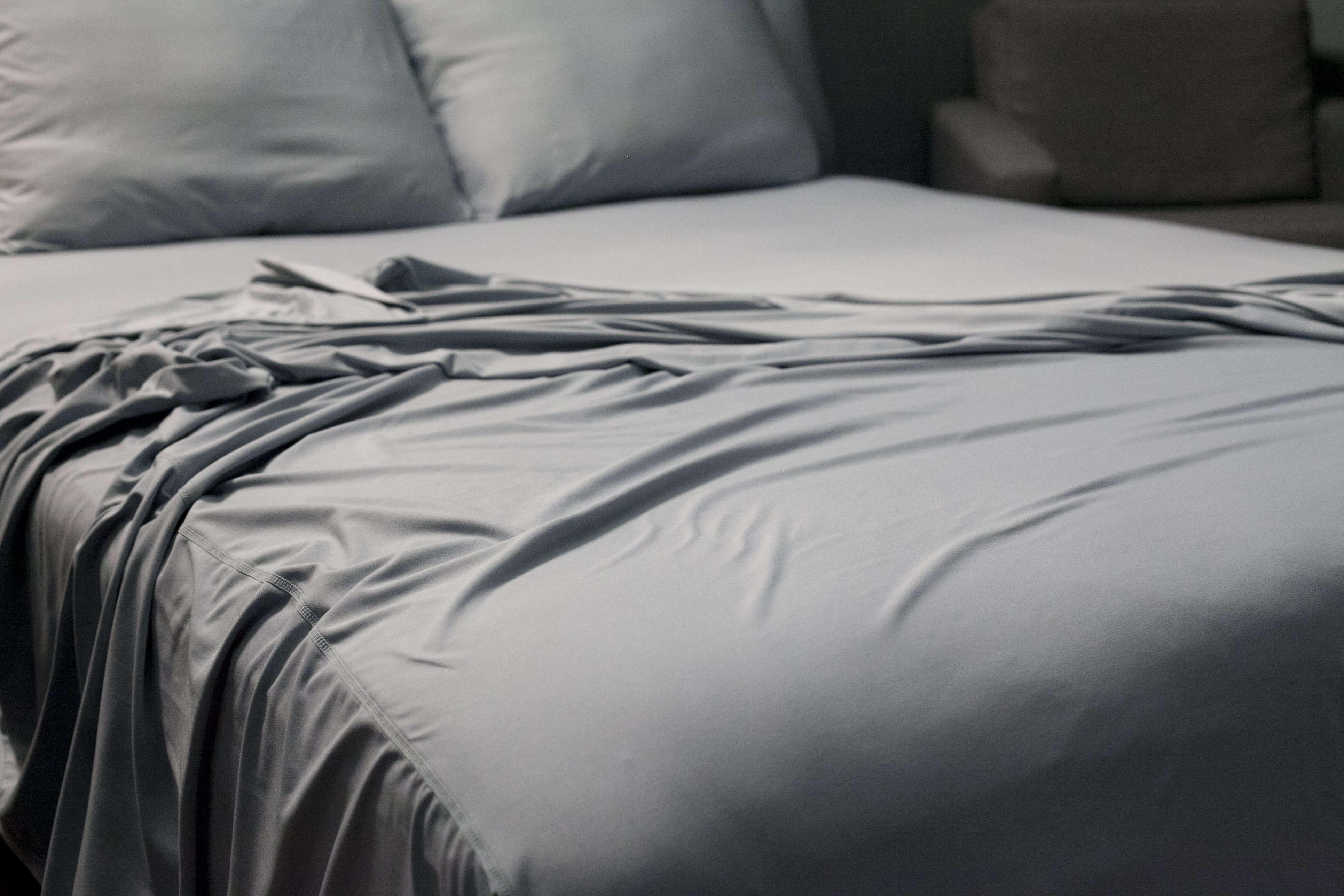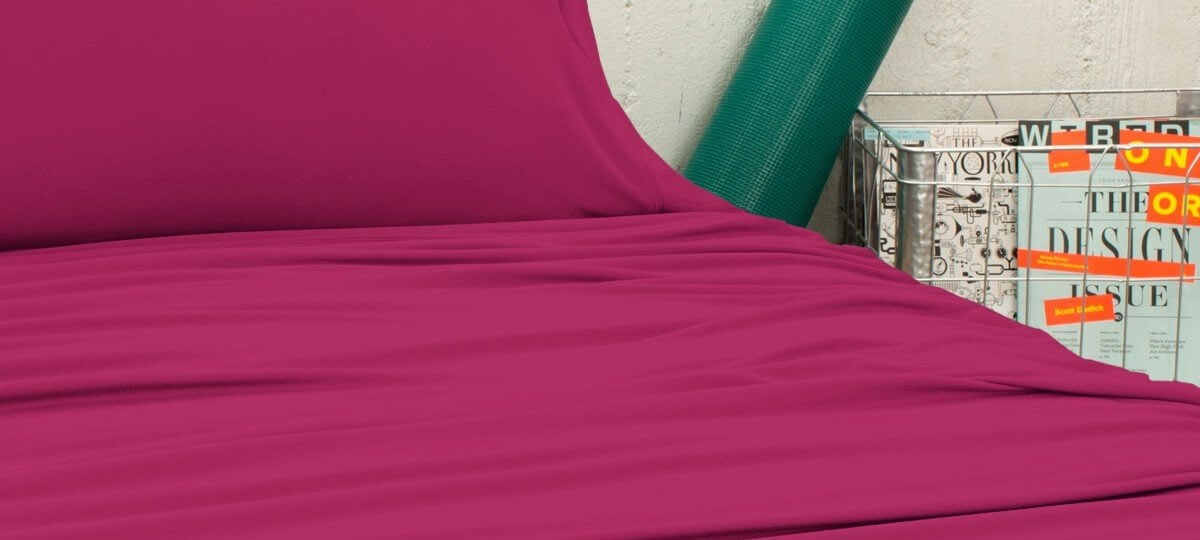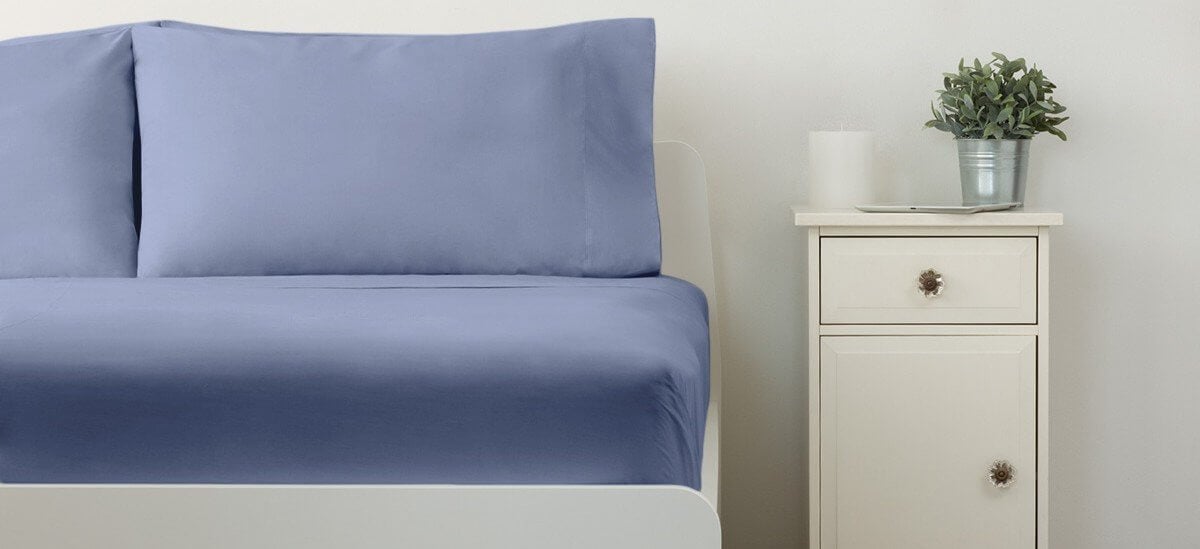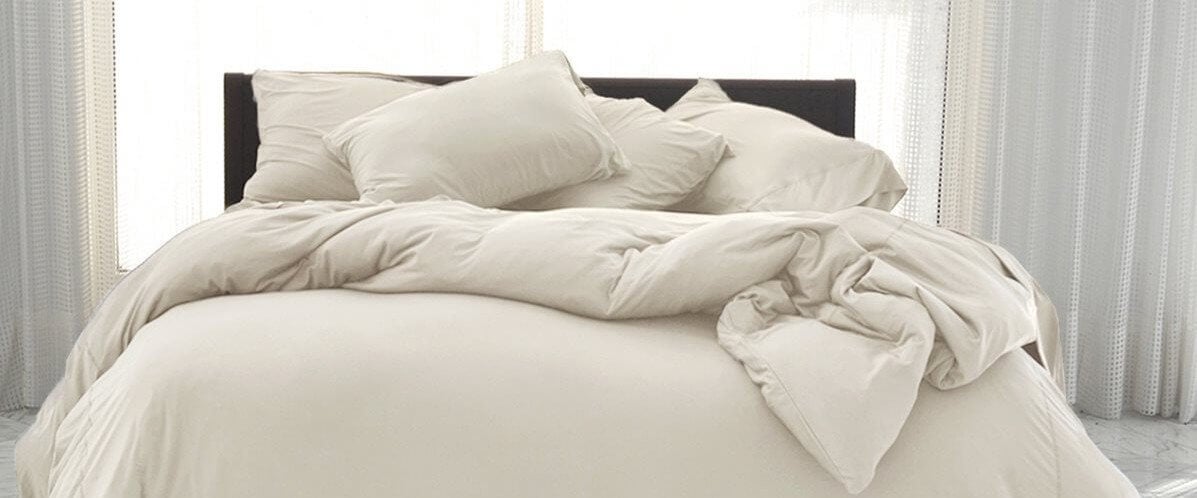Motion-Activated
Most fitness trackers function through the use of an accelerometer, which measures movement. While they are accurate for recording your steps, flights of stairs and periods of high activity, they are only able to tell you if and when you moved throughout the night. They can tell you how many times you woke up, but they are not able to tell you why you woke up, why your quality of sleep was poor or what you can do to improve your sleep. For that, you need the help of a medical professional.
Nighttime Disruptions
The best sleep monitor may be no monitor at all. Fitness trackers are great for following your activity and keeping tabs on your progress, but they can be disruptive to your sleep. Trackers that are worn around the wrist can be bulky and uncomfortable to wear in bed. The lights on these trackers may also disrupt your sleep or shock your eyes if seen in a pitch-black room. As mentioned above, fitness trackers will tell you how many times you woke up and moved throughout the night. If the tracker reports frequent movements throughout the night, it may be time to visit your doctor.
Simpler Solutions
To help determine the cause of your sleep deprivation, you can start noting the circumstances around your wakes. Are you too hot? What did you eat before bed? Did you stay up later than usual? All of these possible causes can be remedied by simple changes. Try sleeping with SHEEX® Performance Bedding to help you stay cool, fall asleep faster and stay asleep longer. Avoid spicy foods before bedtime.
Try setting a bedtime that will allow you to get enough sleep and wake up naturally to avoid feeling tired. While your fitness tracker can be helpful for keeping tabs on your activity, the best sleep monitor may in fact be no monitor at all.
























